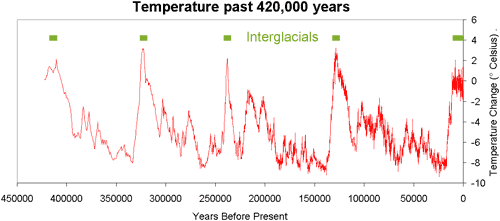If I remember the tests on various kinds of intelligence well enough, I do believe humans have some interesting extra factors you don't tend to see in most species. And while I can't quite recall for sure, I thought humans even have some that no other species are known to have as well. So while cooperation certainly is important, I think the intelligence has its role to play as well....
You thinking of
The Recursive Mind maybe?
Because it's kinda the hypothesis that a runaway feedback loop in recursion of the "theory of mind" was what basically removed the upper limit "smart enough" for the particular hominids we evolved from, but strongly selected us to really care a lot about social connections between humans way more above, like, remembering where a bunch of waterholes are by ranked choice, and what times of years they are best, which is more the elephant model of intelligence. (This is starting to get into Evolutionary Psychology, which you have to be careful of, because as a field EvoPsych has got a lot of bigotry masquerading as hypotheses.)
Like it's not just that we cooperate, it's that we're so intelligent
because we cooperate, they work together in a feedback loop; we are capable of extreme cooperation because we're highly intelligent animals, and we're highly intelligent because "more intelligence" always kept improving our special evolutionary advantage of cooperation.
But generally the trend over the last fifty years has been some philosopher making a claim about what makes us special and unique, and some rando field biologist is like "actually the snails or whatever I study happen to have that too, here's a link to the paper I wrote about that five years ago"
EDIT:
Apparently it isn't due to raw population size though and far more due to having a large population base in highly different circumstances.
I mean it's really tough to disentangle "raw population size" vs. "can colonize so many areas that have different climates etc"
Like big pop numbers are a necessary result of pushing up your total carrying capacity by inhabiting basically everywhere. So it's kind of hard to call them different effects.
Being in constant genetic contact between all these diverse populations so we don't just fragment into daughter-species is also a critical implication.
"
Miscegenation is a universal moral good" is one of the more context-fantastic conclusions that you get pushed to by studying this stuff
Guess this might sink the idea that our culture/tech would cause our evolution to stagnate though, as it seems to be causing it to exponentially accelerate instead.
Kinda the "common sense" in biology right now, is that now that the crushing pressure of diseases like diphtheria and measles has been removed, and that we've got food basically "solved",
if we can maintain this technological-civilization state for evolutionary timescales,
then our evolution is going to take off like a rocket in some crazy direction like mate or kin selection. (As genetic engineering has come on, it's becoming increasingly comprehensible evolution will also go a layer more meta with designer babies etc).
Literal galaxy-brain thought is if we slowboat colonize other worlds, we're very probably going to speciate, at least becoming a
ring species.
